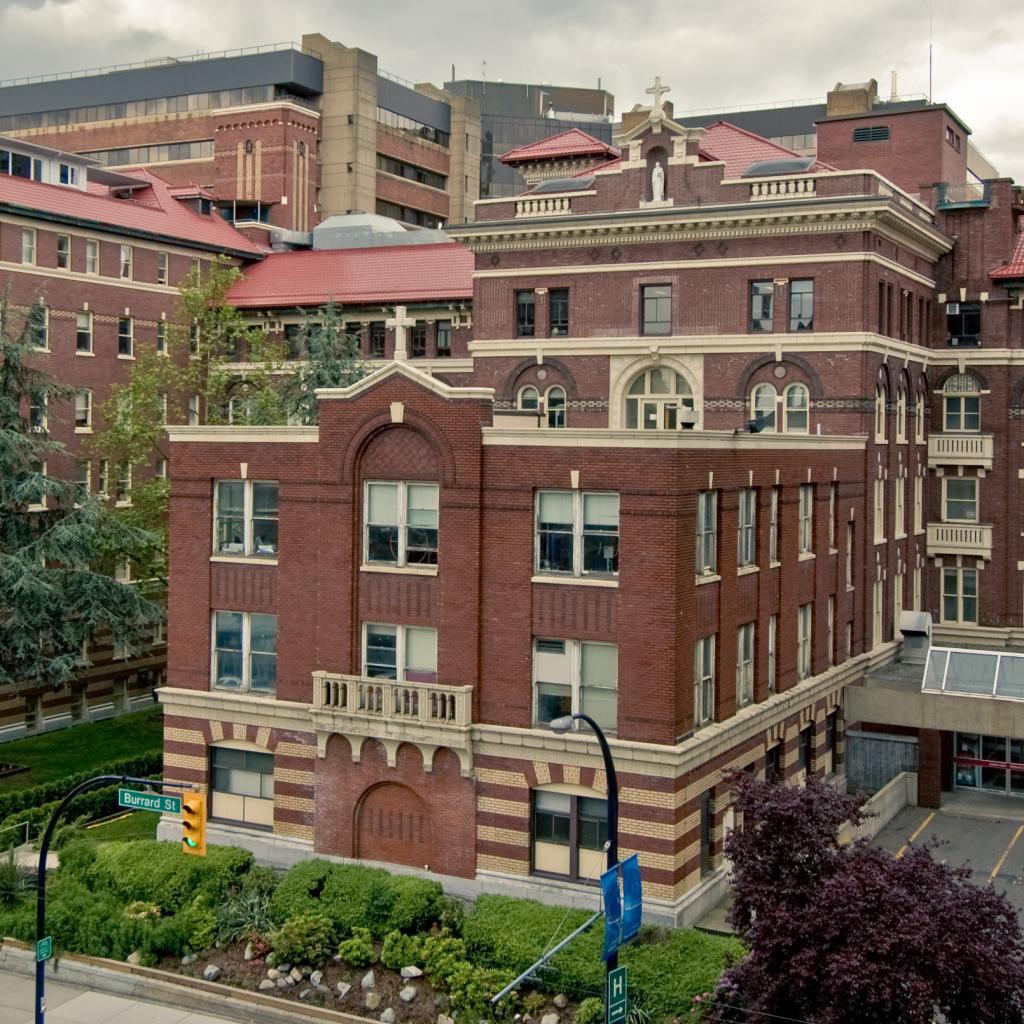Ideafest, an annual knowledge festival hosted by the University of Victoria, took over campus on March 2 for a week of initiatives and semi-formal debates. On the opening day of the festival, the Faculty of Humanities prepared an informative debate on whether or not university should be free, which was attended by roughly 200 people.
The debate was held under parliamentary procedure with a general proposal explaining the purpose. Society has a high demand for education, but it comes with an ever increasing cost. Is it time for Canada to look to other countries to start a new model for post-secondary education? Acting as Speaker, Faculty of Humanities dean John Archibald used Sweden and Germany as examples of countries with successful post-secondary institutions at no cost to students.
Erin E. Kelly, acting under the title of Prime Minister on the government side, opened the debate by pointing out that university is a place for students to come together in order to achieve a higher education for society’s highest potential. During an interview with the Martlet, Kelly stated, “access to university should be available to all students who have the academic talent to come to university, no matter what their financial background.”
The government side set up a framework based on society’s basic human rights to attain a higher education in the most affordable way. During the 2013-2014 school year, a study of affordability revealed that Canada has the highest amount of post-secondary debt in its history. The study accounted for nearly $186 million in student loans which Kelly viewed as an unaffordable payment for students to try and make. As a province, British Columbia’s integrated student loans are the highest they have ever been while having significantly fewer financial resources to aid students in their repayments. On top of that, ICBC encourages students to sell their assets, such as vehicles, in order to pay for their studies. Kelly ended her opening statement by suggesting the real reason students attend university: a thirst for knowledge and a sense of academic adventure.
The opposition, represented by Colin Macleod, posed important questions about where university funding would come from, and how minority groups and campus workers would be impacted by a tuition-free campus. UVic pays several hundred campus workers, on top of general funding requirements. To solve this issue, the University has discussed ways the government could increase taxation; however, as the opposition pointed out, minority groups would be put at an even greater disadvantage if taxes were raised.
“Even if university was free, that is no one would have to pay tuition, there would still be inequalities in access that would be unfair,” said Macleod. The University spends nearly $323 million a year, and that funding needs to come from somewhere. Lack of funding leads to program cuts—a risk certain teachers aren’t willing to take.
After the debate, Kelly admitted that even she had doubts regarding how the Canadian government could create free post-secondary education, “but ideally there would be no tuition costs.” In regards to the recent tuition shifts occurring in Alberta, Archibald stated that “people would be looking at Alberta as an experiment to see what the reaction is and to see what the effects on education are.”






